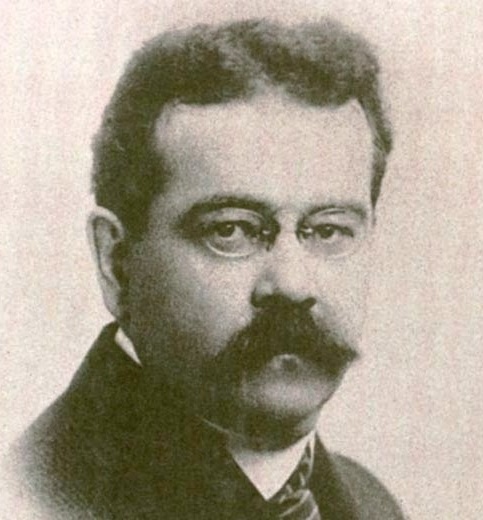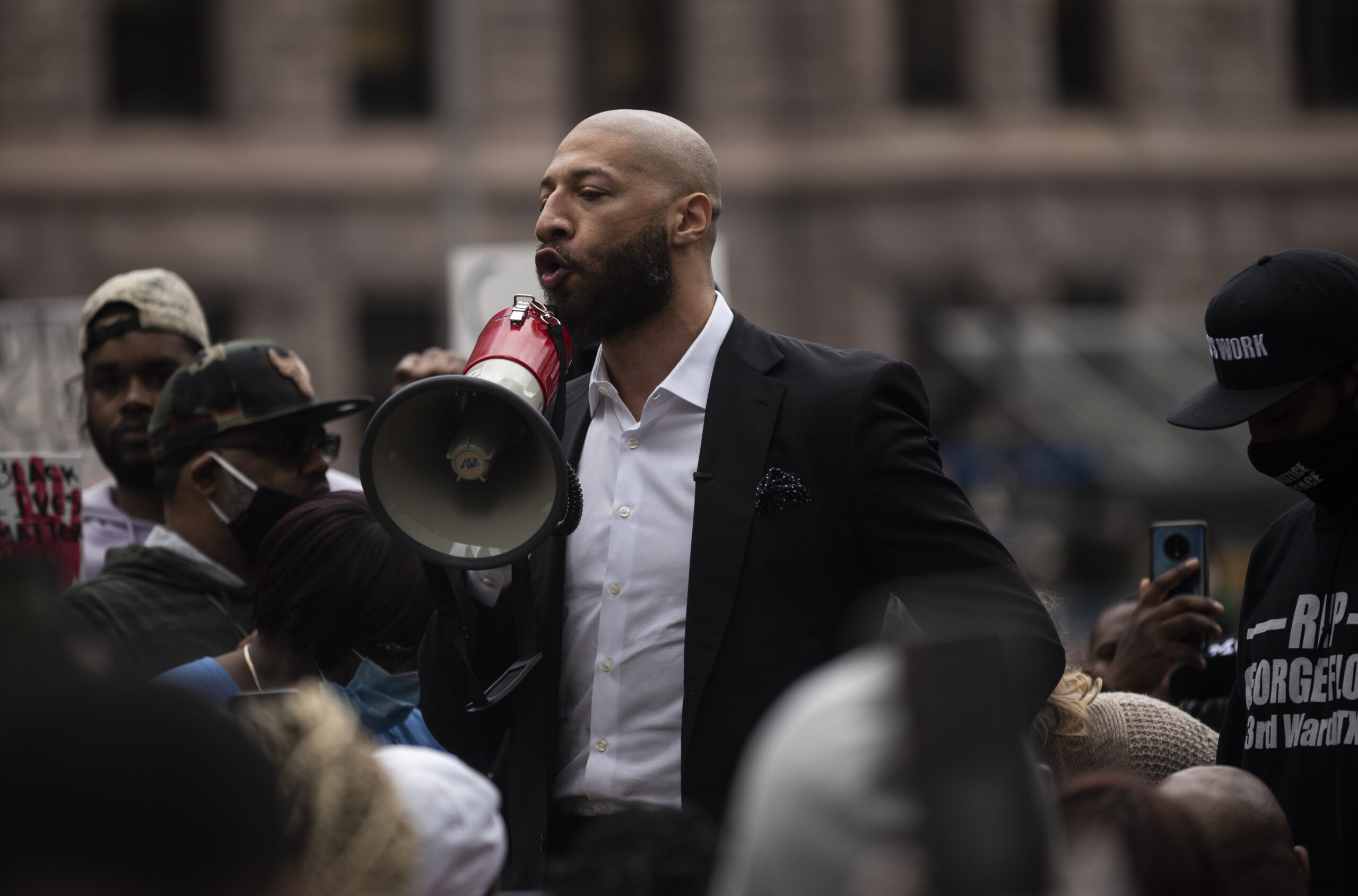- cross-posted to:
- [email protected]
- [email protected]
- cross-posted to:
- [email protected]
- [email protected]
For the past four and a half years, I’ve immersed myself in spaces occupied by conspiracy theorists.
What began as an attempt to understand the QAnon conspiracy movement quickly expanded into an exploration of a wide range of alternative belief systems.
These include, but are not limited to, discredited intellectuals who promote race science; butthole sunners who believe that by harnessing the sun’s rays, they live longer; and semen retention enthusiasts, which is a practice that discourages ejaculation as a way to boost testosterone levels.
Most researchers have understood conspiracy theories and alternative beliefs as being a product of poor education or misinformation spread on social media. But recent research has found that support for them exists regardless of educational level or income. Some of the most privileged people in U.S. society hold deeply conspiratorial beliefs, as do sports fans, yogis and video game enthusiasts.
While some many say that believing in UFOs or Bigfoot may not be that big of a problem, these ideas can lead to real-world harms. Butthole sunning, for example, has been linked with cancer.
…
Certain stigmatized narratives can also become tools wielded by politicians and media influencers who will say or do anything to make money and gain power.
For example, in their book “Conspirituality: How New Age Conspiracy Theories Became a Health Threat,” Derek Berry, Matthew Remski and Julien Walker document the ways in which contemporary New Age spiritualism has been hijacked by social media influencers, who have then gone on to promote vaccine misinformation and foment government mistrust.
Social media platforms provide financial incentives for individuals creating the most engaging content. Of course, what’s engaging is not necessarily what’s accurate or truthful. Over the course of the COVID-19 pandemic, many of these influencers became popular by suggesting that they had “sacred” or “secret” knowledge on how to defeat the virus.
It’s one way people can go from embracing seemingly harmless ideas, like Bigfoot, to becoming open to more radical beliefs like the Great Replacement Theory, which is the conspiracy theory that illegal immigrants are colluding with Democrats to change the racial demographics of America and, in doing so, shape future elections.
The intersection of politics and alternative beliefs is not a recent phenomenon.
Some of these beliefs, like the imaginary continent of Atlantis, were used by the Nazi party to create a link to a mythical pure race. Indeed, a key component of the Nazi’s rise to power was the promotion of ideas that today would be described as New Age mysticism – a spiritual movement that emphasizes magical experiences and the notion that spiritual forces connect everything in the universe.
Some of these beliefs, like the imaginary continent of Atlantis, were used by the Nazi party to create a link to a mythical pure race. Indeed, a key component of the Nazi’s rise to power was the promotion of ideas that today would be described as New Age mysticism – a spiritual movement that emphasizes magical experiences and the notion that spiritual forces connect everything in the universe.
Nicholas Goodrick-Clarke’s The Occult Roots of Nazism is good in this regard. One of the key roots being the volkisch movement that saw people getting back to nature but also opened the door to mysticism.
Around here, you’d struggle to find a Tory but Cosmic Scousers are ten a penny and some can believe three strange things before breakfast. Hell, my friend’s business partner is an engineer who believed in the 5G conspiracy and happily jumped on the anti-vax bandwagon.
spiritualism
“spirituality” 🙄
how much buttehole sun is too much? It seems like a little might be good, but I’m sure people will go overboard.
you’ll know when your asshole gets a sunburn. then, shit gets complicated.




